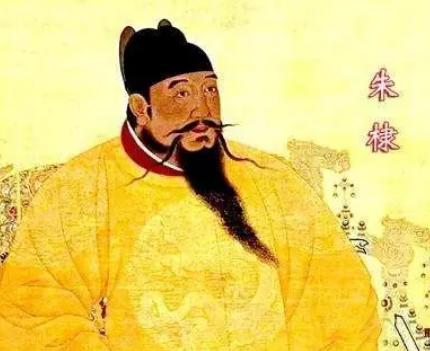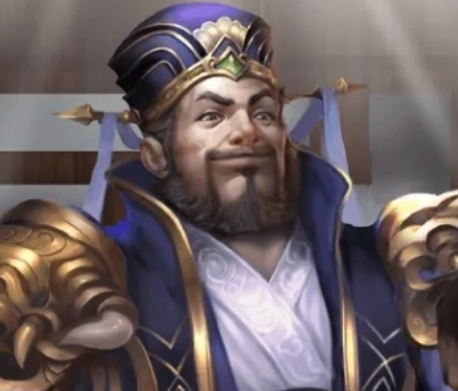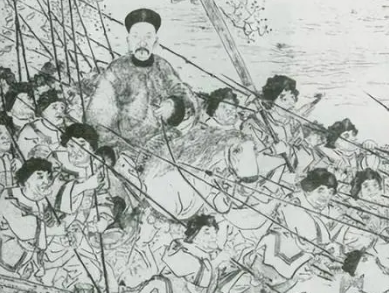In Chinese history, both Zhang Liang and Han Fei, as two outstanding figures, have exerted profound influences on ancient Chinese politics and culture. However, due to the differences in the background of the times, there was no direct interaction between them. This article will explore the possible relationship between Zhang Liang and Han Fei by analyzing their historical backgrounds, ideological characteristics, and status in history.

I. Background of the Times and Fields of Activity
Zhang Liang and Han Fei lived in different historical periods. Han Fei lived in the Warring States period and was one of the representative figures of the Legalist school; while Zhang Liang lived in the early years of the Western Han Dynasty and was an important advisor to Liu Bang. Due to the gap in time, they did not have direct intersections. However, against the backdrop of their respective times, they both demonstrated outstanding wisdom and political talent.
II. Ideological Characteristics and Influence
As a master of Legalist thought, Han Fei advocated a country ruled by law, emphasizing the universal binding force of the law. His thoughts had a significant impact on the political system of the Qin Dynasty and later generations. On the other hand, Zhang Liang was renowned for his superb strategies and wisdom, making significant contributions to Liu Bang's establishment of the Han Dynasty. Although their ideological characteristics differed, both had a profound impact on future generations in their respective fields.
III. Historical Status and Evaluation
In history, both Zhang Liang and Han Fei hold lofty statuses. Han Fei's Legalist thought was widely adopted by later rulers and became an important component of ancient Chinese political systems; while Zhang Liang was praised as the "Zhuge Liang of the Han Dynasty," with his wisdom and loyalty highly regarded. Although they operated in different fields and eras, their historical evaluations share similarities: both are considered rare and outstanding figures in Chinese history.
IV. Conclusion
In summary, Zhang Liang and Han Fei had no direct relationship in history. Due to the differences in the background of the times, they did not have actual interactions. However, in their respective fields, they both demonstrated outstanding wisdom and political talent, exerting profound influences on future generations. By analyzing the historical backgrounds, ideological characteristics, and historical statuses of Zhang Liang and Han Fei, we can better understand their important positions in ancient Chinese politics and culture.
Disclaimer: The above content is sourced from the internet and the copyright belongs to the original author. If there is any infringement of your original copyright, please inform us and we will delete the relevant content as soon as possible.
































